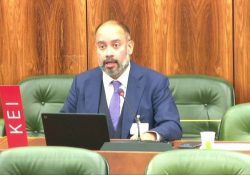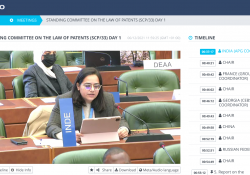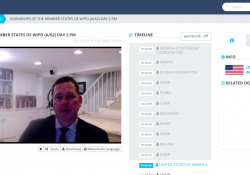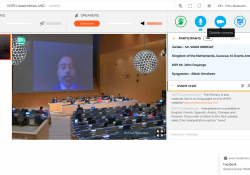WIPO SCP 33: Statement of Knowledge Ecology International on patents and health
On Wednesday, 8 December 2021, Knowledge Ecology International (KEI) delivered the following statement on patents and health at the 33rd session of the WIPO Standing Committee on the Law of Patents (SCP). 8 December 2021 We take note of WIPO’s… Continue Reading






